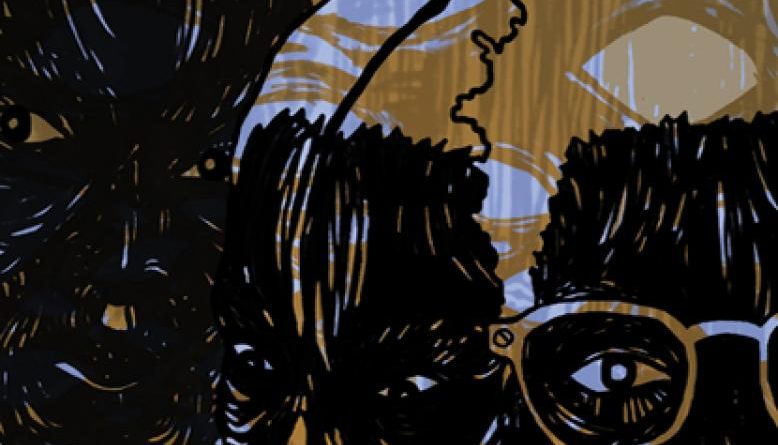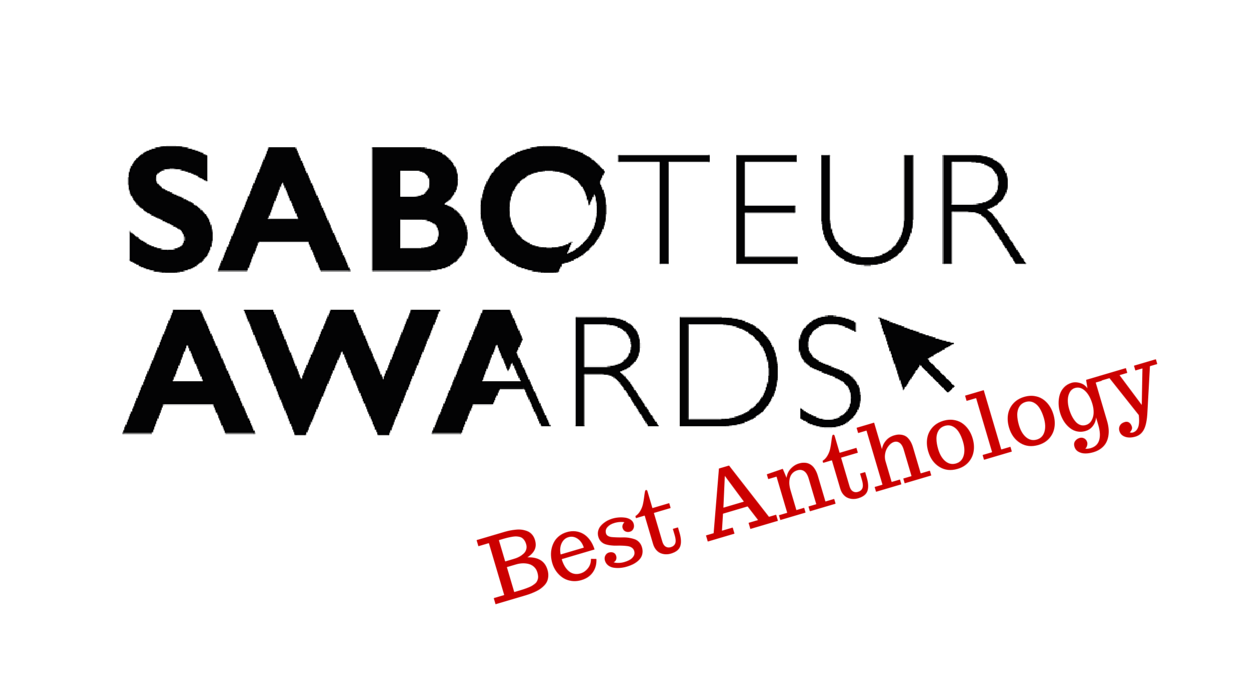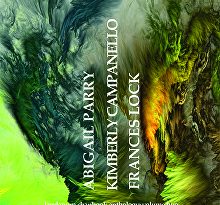Ten: Poets of the New Generation ed. by Karen McCarthy Woolf
– Reviewed by Deirdre Hines –
Ten: Poets of the New Generation does not just offer new voices to the reader, it also gifts fresh and exciting juxtapositions of form and content. If the poets and many of their accompanying mentors feel a hybrid communal identity, it is to be expected that namings, and the process of naming, are of central concern. Raymond Antrobus (mentored by Hannah Lowe) addresses the liminal spaces of naming in his poem “Jamaican British”. Written in couplets until the final broken line, which breaks apart the two titular adjectives, Antrobus shows the frustration attending dual identity:
In school I fought a boy in the lunch hall-Jamaican.
At home, told Dad I hate dem, all dem Jamaicans-I’m British.
The poet’s father answers his son’s self-hate with:
you cannot love sugar and hate your sweetness,
took me straight to Jamaica-passport, British.
Degna Stone (mentored by Liz Berry) echoes this trope in “The River Gods”:
We try to reconcile ourselves
with reflections distorted in thick currents
Will Harris (mentored by Sarah Howe) is told to “fuck off back home” after a barman refuses to accept his name as ‘Will Harris’ in the prose poem “Self Portrait in front of a small mirror”. His last line “But I must, and will, put aside the mirror” is almost a manifesto.
If hybrid identity is a wound these poets are trying to salve, nowhere is that scar more tellingly evoked than in Omikemi Natacha Bryan‘s poems, mentored by Pascale Petit. The rituals of combat in the movement practice Capoeira Angola are reflected in her poems’ segueing surrealist imagery, as Elsie Lacks escapes the Crownsville Home for the Negro Insane with her imaginary/delusionary friend Lucas, using the moon as an anchor and the chain from the sink. Her mother, Henrietta Lacks, left her there with these magical words:
Hennie said the mouth was the key of life
In mouth after mouth, this incantatory mythic spell speaks, acting as an alternative to the white patriarchal god who is rebirthed in “The Warner” as “a mouth of hooks and mesh”, who roams “like a gully through highways/ to preach inside the marketplace.” Stunning similes, such as “The people’s mouths hung like udders”, remind us that our world-views are fed to us.
Pascale Petit also mentors Momtaza Mehri. Unlike Bryan, who is of Jamaican ancestry, Mehri’s background is East African, and her training in biomedical science brings a new focus into play. The study of cells, organs and systems in the human body can help us address the treatment of diseases, like the disease of killing. “Grief in HTML” uses hypertext codes to describe the aftermath of a bomb. “Death is an ellipsis…” and the dead man that haunts this poem is alive on Facebook as a “life undeleted.” The poet wakes “daily to a world that is romantically invested/ in splitting me apart./ Don’t let me collude against myself./Don’t let me believe I am what I am not.” (Dis-rupture). The poem begins with lists that have a distancing effect, until the lines above reel me into a shared commonality.
Victoria Adukwei Bulley (mentored by Catherine Smith) is a British Ghanaian writer whose poem “About Ana” explores the work of Ana Mendieta, a Cuban American performance artist, who arrived in the United States as a refugee in 1961. She died on September 8th 1985 in a fall from her 34th apartment floor [ed: the circumstances of her death are still debated]. Mendieta’s dialogues between the landscape and the female body are echoed in the last lines of Bulley’s poem:
[…] I myself am
bored by fig leaves
and shames I did not choose.
In ‘Why can’t a K be beautiful and magick?’ Bulley ends with:
don’t say her name, it has a K in it
that doesn’t belong to you
Both Bulley and Yomi Sode (mentored by W. N. Herbert) address the artifice of form in the jumbled sequencing of their poems “Retreat” and “After Life”. The final line of “After Life” is also the first:
“1. Some believe that death resurrects in many forms”.
In many ways this anthology is a rebirth, entering Jennifer Lee Tsai‘s prose poem “New Territories”:
return to the idea of nothingness, start again somehow
The place of this rebirth may be on the isle of Skye, where Ian Humphrey‘s “Skye and Sea” has “Nosferatu shadows” uncoil, or in Hieronymus Bosch’s colours, which Leonardo Boix calls “Pigments alla prima”. This anthology is loaded with so many consummate poets. I’m an avid fan.





